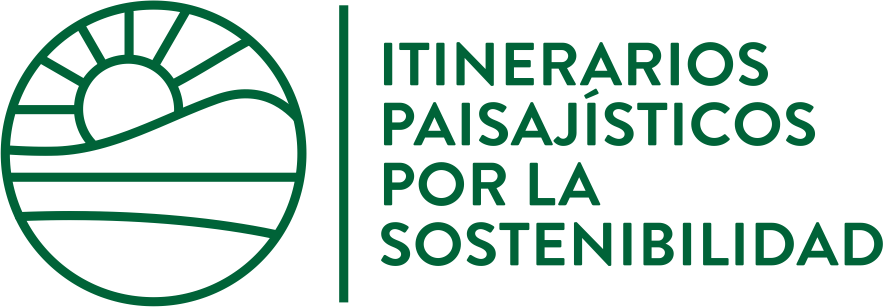Categoría: Sin categoría
-
Canales o Tajeas
This network of arteries increased the prosperity of Las Vegas. The master stonemasons worked hard to build the network of tajeas, or irrigation channels, that irrigate Las Vegas. It is surprising how many of these channels were carved directly into the outcrops of tuff or volcanic tuff. To prevent infiltration, basalt slabs were used to…
-
Casa de Los Guimerá
The oldest house in the village was built in the in the 16th century and was used as a tobacco dryer in the 19th and 20th centuries After the conquest, Las Vegas initially belonged to the Duke of Medina-Sidonia, passed into the hands of the Basque Juan de Gordejuela and, later, to the Augustinian nuns…
-
El origen de la comarca de Abona
Las Vegas: one of the seeds that originated the region of Abona. At the beginning of the 16th century, after the conquest of the island, the settler Suárez de Quesada received an enormous but not very productive area of land called Abona. Of all this land, the area of Las Vegas had the greatest agricultural…
-
Observar aves
A forest full of life The summits of Granadilla de Abona are covered by an extensive area of canary pine forest, a tree exclusive to the Canary Islands. This large mass of trees is home to a large number of birds, some of them unique to the Canary Islands. Along the network of trails that…
-
La Trashumancia
This path was already trodden by the Guanche shepherds before the arrival of Europeans on the island At the beginning of the summer season, herds of goats and sheep would go up to Las Cañadas del Teide to take advantage of the summer pastures. These transhumance practices continued after European colonisation, until the declaration of…
-
Finca Los Malejos
Los Malejos: Alejo’s farm or the “furthest away”? There is some controversy over the name of this estate. Some people maintain that it was the most distant estate and the toponym was derived from “Malejo”. Others point to a former owner called Alejo, whose name appears in some writings. The finca is a clear example…
-
Horno de Cruz de Tea
This oven baked many roofs in the area. What you have next to you was, approximately a century ago, the most important factory in the neighborhood. Here tiles were made through an artisanal process that lasted several days. To make them, three elements were necessary: water, firewood and appropriate soil. Several men participated in that…
-

Cruz de Tea
The tea-wood crosses gave the village its name. Tea wood is formed inside Canary Island pine after 30 or 40 years of age. The crosses made from this almost unalterable resinous wood attracted attention and were a sign of identity of this hamlet.The name also reveals its historical relationship with the pine forest. The wood…
